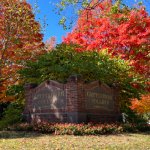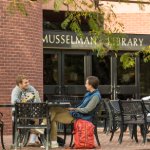
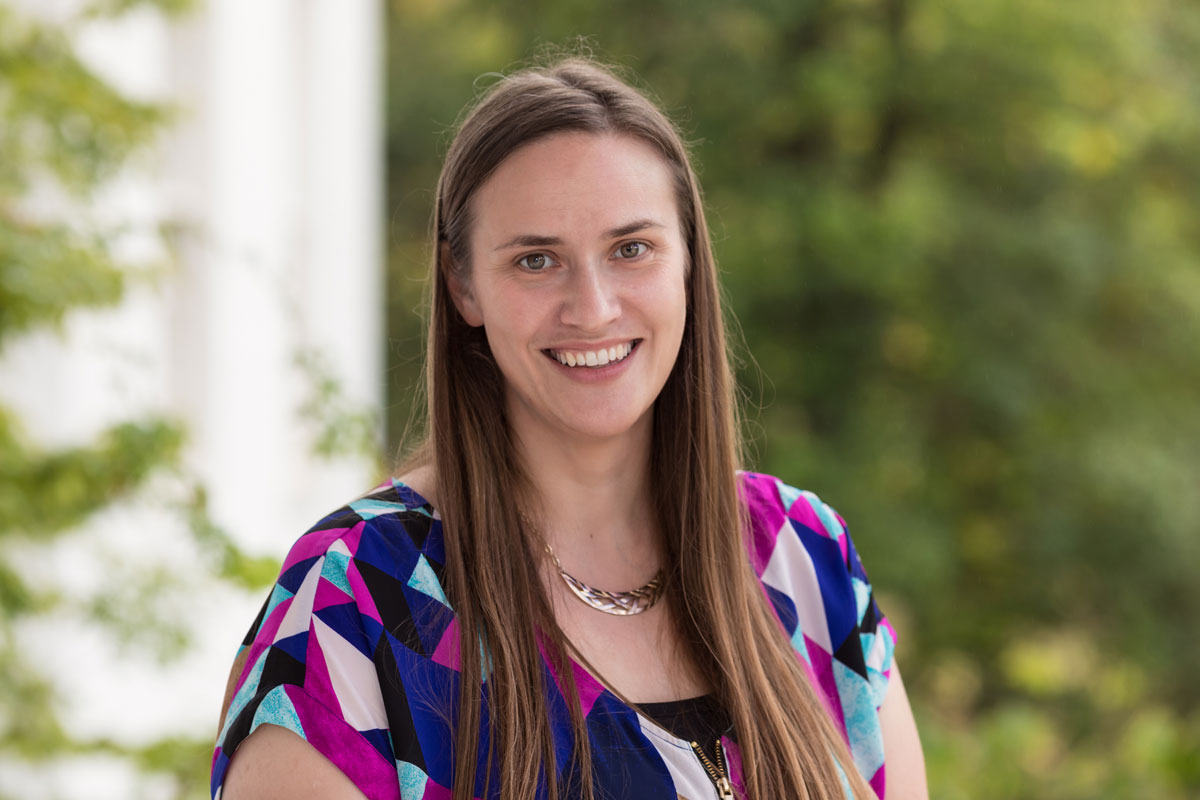
Chemistry Prof. Kate Buettner distinctly remembers preparing for her interview at Gettysburg College in 2016, reading our mission statement, and carefully perusing the programs offered through the Chemistry Department and the Cross-Disciplinary Science Institute (X-SIG). Her interest was piqued.
But it was when she talked with the passionate faculty and her soon-to-be colleagues during her interview, that the possibility of working at the College became more tangible. She knew this was where she wanted to be.
“These are the people I want to work with,” Buettner thought that day. “This is the community I want to be a part of.”
If the ending isn’t already clear, spoiler alert: Buettner got the job, and it has been everything she could have imagined and more. It has provided her with endless opportunities to shape the lives of students, and in turn, be inspired by their enthusiasm for learning, every day.
“The sort of influx of energy that students bring was really important to me when I was considering my career trajectory, and it’s what makes me want to do keep doing this every day,” said Buettner, who received her PhD in chemistry from Yale University in 2012. “Working with students and seeing their excitement when they get good research results—seeing them light up when they understand and piece together things and come up with their plan for what to do next—that's what makes it really fun.”
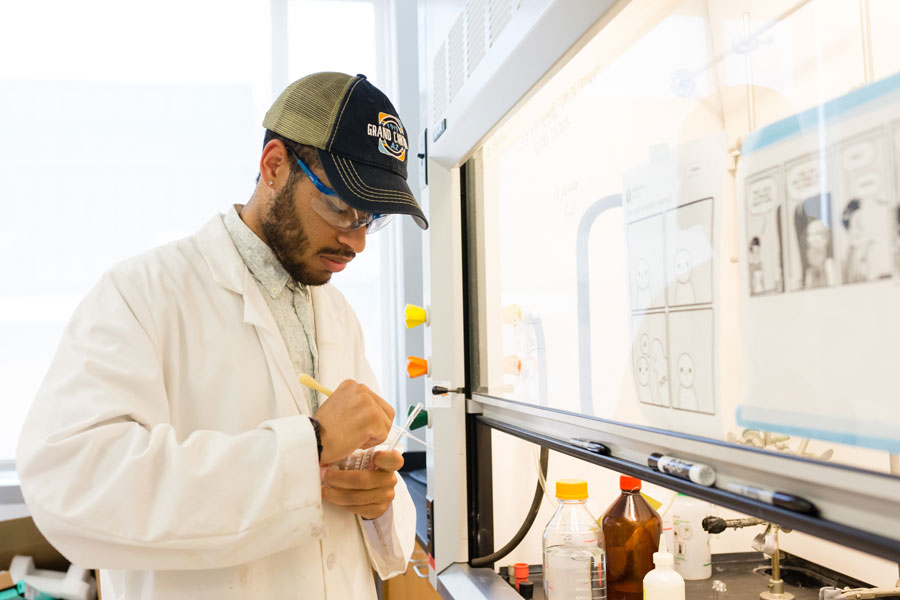
Recently, Buettner has earned both the honor of tenure and a National Institutes of Health Academic Research Enhancement Award grant (NIH AREA) for her research, in collaboration with Amanda Reig, a chemistry professor from Ursinus College. The funds from this grant will support the purchasing of new lab equipment and ongoing research collaborations with students, and provide additional opportunities for students to explore their curiosities outside of the classroom and lab.
Looking onward at her time at Gettysburg College—both in the near- and long-term—Buettner said these two honors won’t drastically alter her day-to-day. Students will remain at her core, where she believes they’re always meant to be. However, she’s eager to continue supporting her students’ growth and bringing them together to explore the known and unknown through research.
“The collaborative nature and the research community that we have here at Gettysburg College, which we build and access across all the sciences through X-SIG—from faculty to students—is one of the parts of my job that I enjoy the most,” Buettner said. “We have a really tight-knit community of students who all care about each other and take care of each other, particularly in our little research triangle on the third floor of the Science Center. Some may think about science as not being about people, but it very much is.”
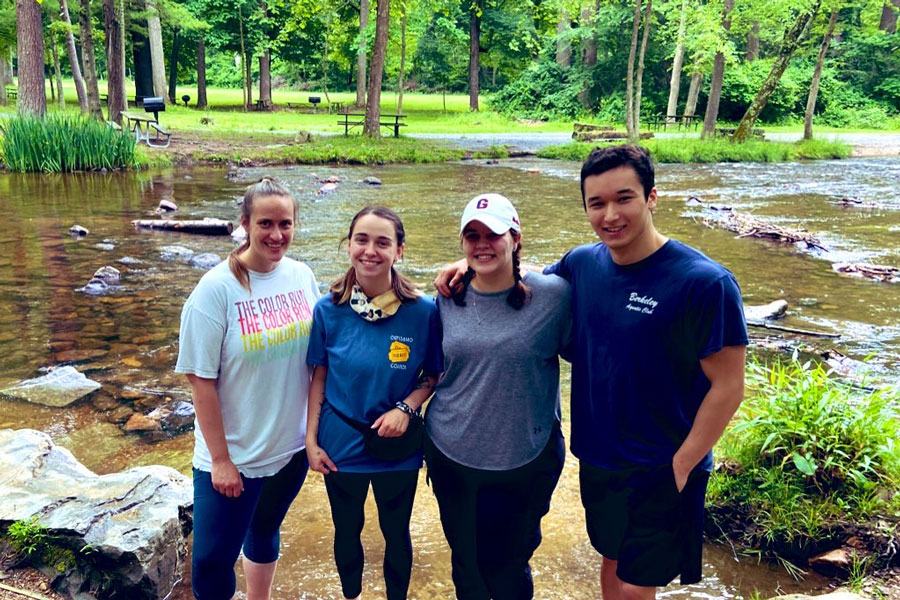
Buettner’s approach to teaching is also people-centric. She sees science, particularly chemistry, as practical—relatable to all aspects of life. Through her teaching, she first and foremost aims to prepare her students to be successful in the world, regardless of where their journey takes them after graduation.
“In a lot of ways, chemistry boils down to problem-solving,” Buettner said. “When I look at the sum total of students I taught last semester, I know that not all of them are going to want to become chemists, but there are a lot of skills they can get from a chemistry class. I try to focus my teaching more on those practical components, so that what students are taking away isn’t necessarily a bunch of equations or a bunch of names of chemicals, but skills that they’ll be able to use in any field—skills they can use every day in their lives.”
By Molly Foster
Photos by Shawna Sherrell
Posted: 03/09/22

